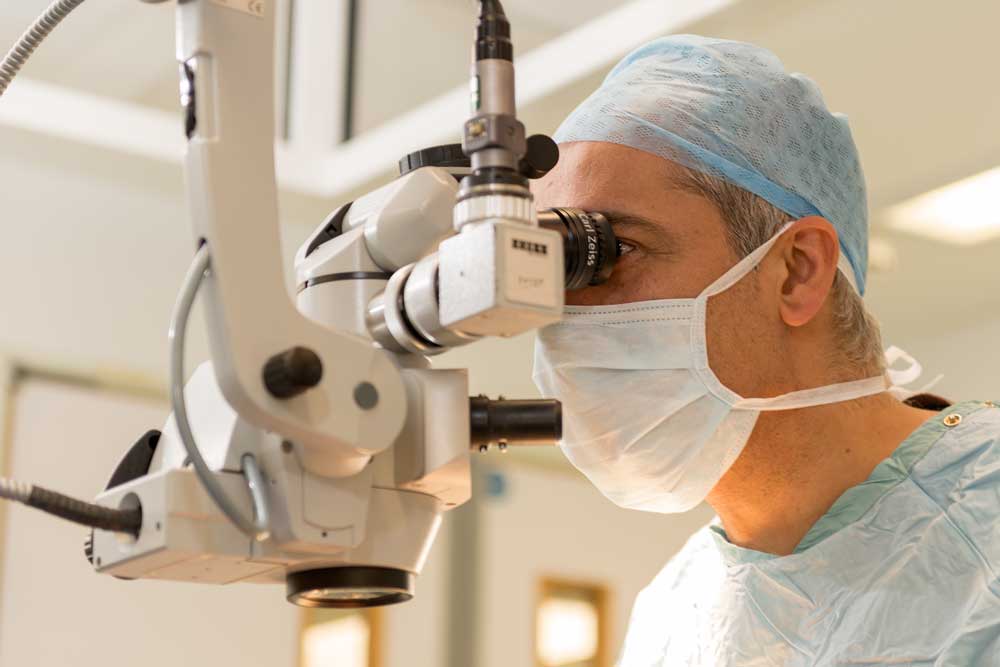As much as we like to kid ourselves, we are not actually going to be young forever. Already, older people have to make do pretty much on their own because children no longer have the time or the space to care for their parents. As we get older therefore, we have to take certain steps to ensure that we can care for ourselves when we are no longer actively working and earning, and our health is no longer in the best it used to be.Here are some things you can do to prepare yourself.

Get Yourself Checked
It’s common wisdom now, but it is important to get yourself checked every 4-6 months by a medical professional after you pass your 40’s. Go to your local GP or specialists like ophthalmologists Melbourne or an orthopaedic surgeon in order to make sure that no debilitating disease takes over your body. Many people across the world suffer from diabetes, high blood pressure, high cholesterol levels and other diet- and exercise-related issues that shorten the life span and can cause sudden health failures like heart attacks and strokes. If you plan on living alone, you need to be aware of all your potential risk factors and triggers, so go get checked.
Fix What Can Be Fixed
Some people will forgo necessary medical care due to costs or the attitude that it’s useless since they will die in a few years anyway. In the meantime, cheap products used in surgeries or chap imitation medication is doing more harm to you and causing more stress and burden on those around you than if you had sprung for the high quality, original stuff. If your sight is failing and you have to live alone without family near you, go get a proper laser surgery for eyes because that will restore your sight and help you be more independent. If you sprain your ankle or get a fracture, don’t ignore the advice of your doctor to continue physiotherapy even after the cast is taken off. It will help your bones grow back faster, heal better and rehabilitate properly.
Plan Now
Most people don’t think of retirement until the year or so before the deadline, but retirement has to be properly planned. If you live in an upper storey apartment, negotiate to move closer to the ground floor, for emergencies. If you live in a remote area, move to a more populated one where there are neighbours who can help you should you need it. Learn to use a mobile phone and other quick communication media so that you can contact family at short notice. Most importantly, invest in a pension scheme from the time you’re young, so some money will be available to you when you hit 60.